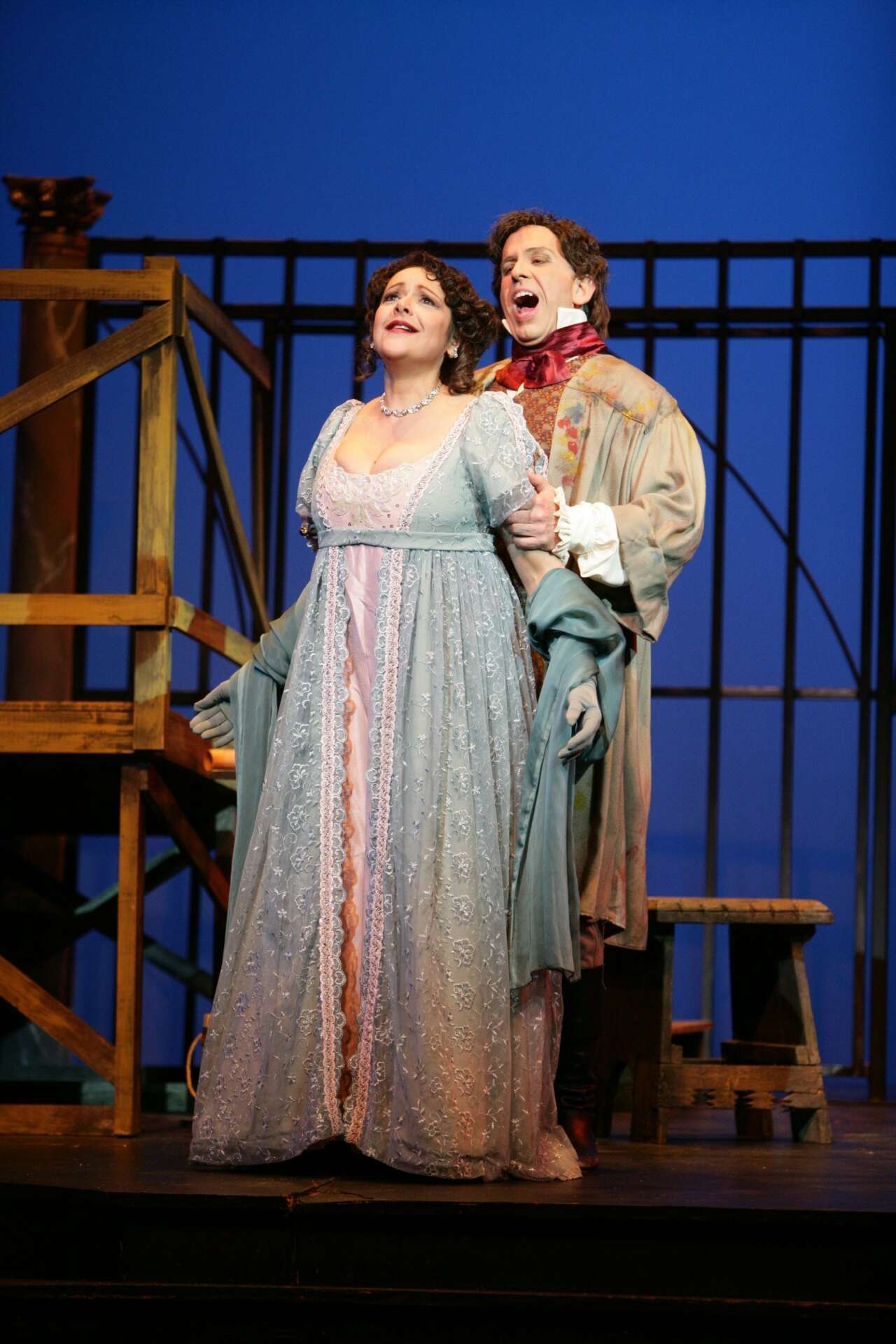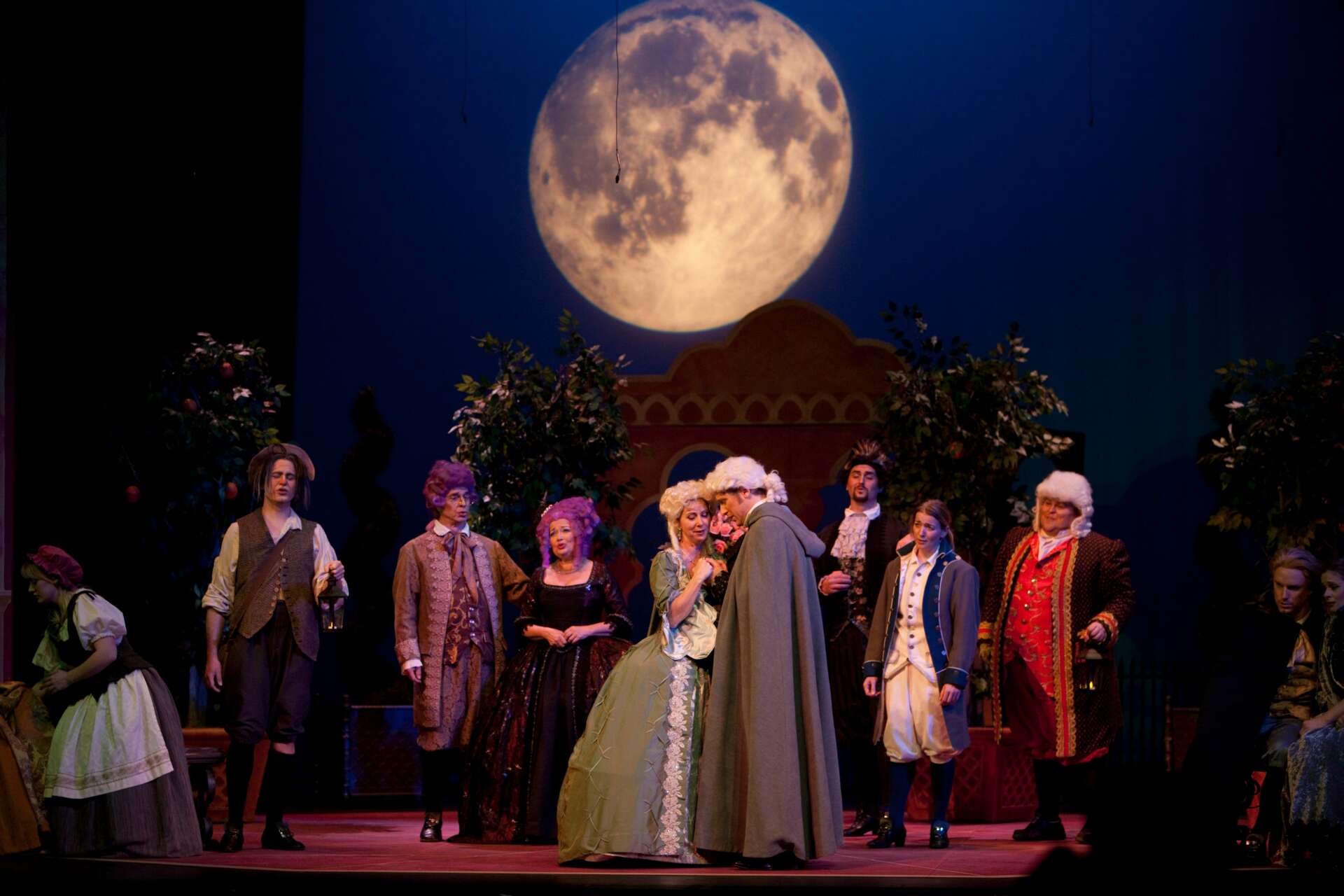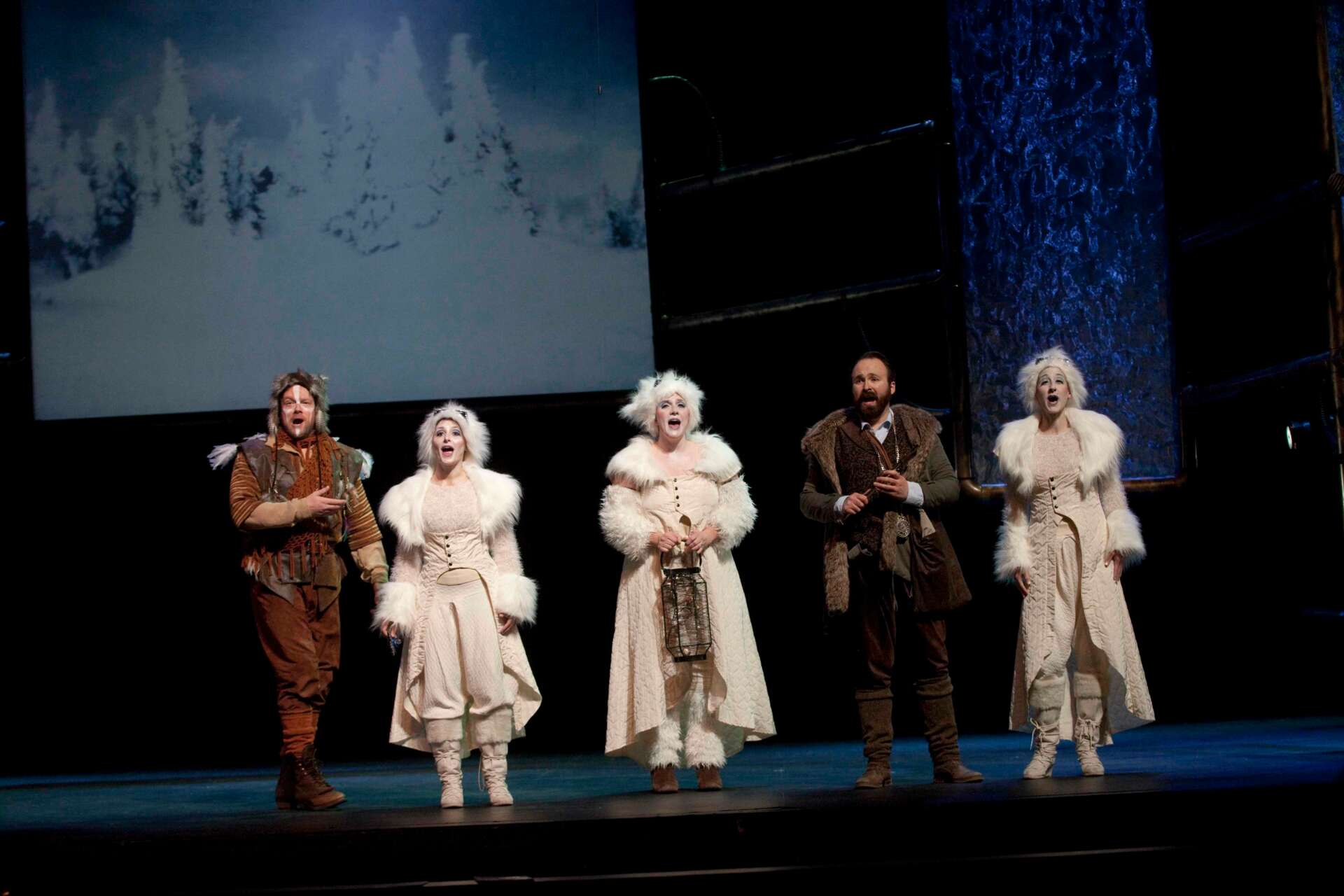We’re excited to introduce you to the always interesting and insightful David Hamilton. We hope you’ll enjoy our conversation with David below.
David, appreciate you joining us today. Earning a full time living from one’s creative career can be incredibly difficult. Have you been able to do so and if so, can you share some of the key parts of your journey and any important advice or lessons that might help creatives who haven’t been able to yet?
Yes, I made a full-time living for many years from my solo performing career. I would say the process developed organically. I began out of grad school by doing a lot of auditions and being hired for some higher profile apprenticeship programs (Merola, Wolf Trap, San Diego Opera, Lake George Opera and Santa Fe Opera). And, I made it a point to do everything I could to make myself a good colleague and valued member of each of those programs. Some of those led to small roles in mainstage productions in later years and I was able to demonstrate to agents that I was a saleable product. After landing a spot on the roster of a small but respected management, I continued to sing as many auditons as came my way. I would say my first big breaks wer being hired to sing Papageno with Sarasota Opera and Mercutio with Columbus Opera the same year. Those were followed with a tour with Texas Opera Theater (a forerunner to HGOCo). as Figaro in The Barber of Seville. I was very fortunate to be hired by New York City Opera (after 5 auditions!) for the entire season following that tour. My first season at City Opera I was responsible for 13 roles – some big, some not so big. But, I was onstage performing often four times a week while at the same time rehearsing an additional two or three operas at a time. While I was singing Falke in Die Fledermaus my second year at City Opera, the Met needed a Falke cover and I made the jump across the plaza at Lincoln Center to the Met where I was given an additional five roles that season including Bretigny in a new production of Massenet’s Manon.
Could I have sped up the process? Probably not. In hindsight I perhaps should have made a different choice or two with regards as to which apprenticeships to accept – but overall, the path progressed fairly quickly with my Met debut happening when I was 29 years old.
One thing I always made sure was to be 100% prepared. And, my default answer was “yes” when asked to sing no matter how large or small the project. You never know when a contact you make in a smaller venue will turn into something more major.
Moving from a full-time performer to administration was not an either/or proposition. I continued to sing around the country for many years after taking the helm of Fargo Moorhead Opera. One piece of good advice I received early on was to “pay attention” to how companies are run and what seems to make for a good one. Those observations over many years of performing have helped inform my work at a General Director.


Awesome – so before we get into the rest of our questions, can you briefly introduce yourself to our readers.
I am an operatic soloist. My performing career has lasted for 40 years and have been an opera administrator for 24 years.
What am I most proud of? Certainly a career highlight was singing as a principal artist at the Metropolitan Opera for five years. Administratively, I have overseen Fargo Moorhead Opera’s move to a fully professional, sustainable organization, the company’s first world-premiere, first commission, first online streamed opera and the launch of the Gate City Bank Young Artist program in 2014.



Can you share a story from your journey that illustrates your resilience?
As a performer you have to develop a thick skin for rejection. Even sucessful artists sing a lot of auditions that lead nowhere.
What do you think is the goal or mission that drives your creative journey?
I suppose that I am driven to create beauty in the world – whether as a performer myself or by creating opportunites for other artists and audiences.
Image Credits
All images John Borge


